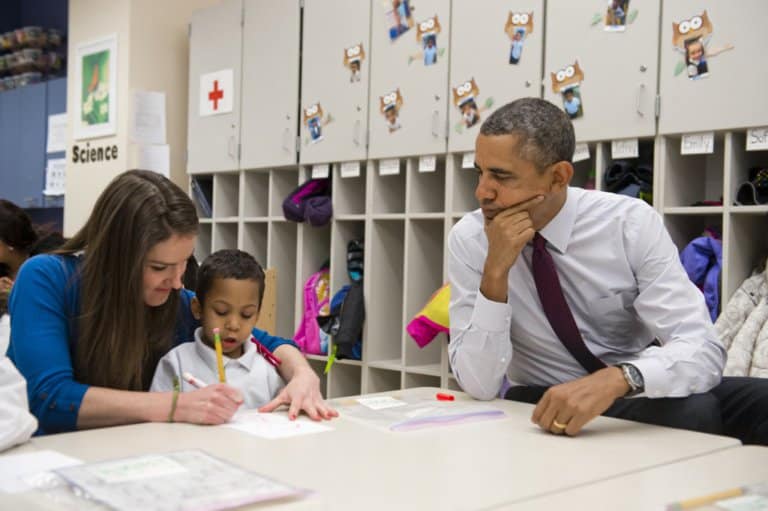
A recently published Penn State research showed that elementary school students do not perform better when taught by diverse teachers.
The research analysed a sample of K-12 students, particularly those starting kindergarten to the end of fifth grade.
In The Conversation, researchers Paul L. Morgan and Eric Hengyu Yu explain how they split the students into two groups. The goal was to compare the academic achievement, classroom behaviour and executive functioning of US elementary school students.
“The first condition was when students were in grades taught by teachers of the same race or ethnicity,” they wrote.
“The second condition was when the same students were in grades taught by teachers whose race or ethnicity differed. We also controlled for other factors including a student’s age, their family’s economic resources and the teacher’s level of education and years of experience.”
Then, they looked into the results of three individually administered tests of academic achievement, five teacher ratings of classroom behaviour and two independently assessed executive functioning tasks.
They also looked at whether students were learning in a gifted or special education class.
All in all, both positive and negative effects were observed where ethnic matching was practised in schools.
They found a null effect. Students did not achieve more, improve their behaviour or become better in their executive functioning skills.
The importance of having diverse teachers

Students of colour only benefit from student-teacher racial matching to a small extent. Photo: Silvio Avila/AFP
Research has shown that educational inequities start as early as kindergarten and become more apparent throughout elementary school.
To address, one suggestion is to have more Black and Hispanic teachers teaching Black and Hispanic students.
Ethnic matching may lessen biases and cultural misunderstandings, increases and introduces new role models, as well as encourages participation in classroom activities. Some research did show students of colour, especially Black students, benefit from ethnic matching.
“Yet the observed effects are often quite small and more often observed on subjective measures like classroom behaviour than on objective measures of academic achievement. This is consistent with what we observed,” wrote Morgan and Yu.
They point out that their results resonate with the general consensus of other studies – student-teacher racial or ethnic matching only benefits students of colour to a small degree.
There are, however, some regions where it may work more. In the US South, where there is a history of racism and segregation, ethnic matching may help students perform better.
The research on having diverse teachers continues

Preliminary research finds that matching’s effects may be specific to whether teachers attended historically black colleges and universities, regardless of their race or ethnicity. Source: Frederic J. Brown/AFP
Morgan and Yu admit that their study has several limitations despite analysing a nationally representative sample and exploring treatment effects across many student groups.
“The data was collected only for elementary school students. The experiences and performance of U.S. middle and high school students may differ,” the pair pointed out.
“It is also possible that matching’s positive effects begin to emerge as students enter adulthood. For example, recent work finds that Black students taught by Black teachers are more likely to graduate from high school and enter college, particularly two-year colleges.”
More long-term studies are required to accurately assess the benefits of ethnic matching. This includes additional studies on the potential benefits for students attending schools in the US South.
There is some groundwork that suggest the positive effects of ethnic matching is directly related to whether teachers attended historically black colleges and universities, rather than of their race or ethnicity.










